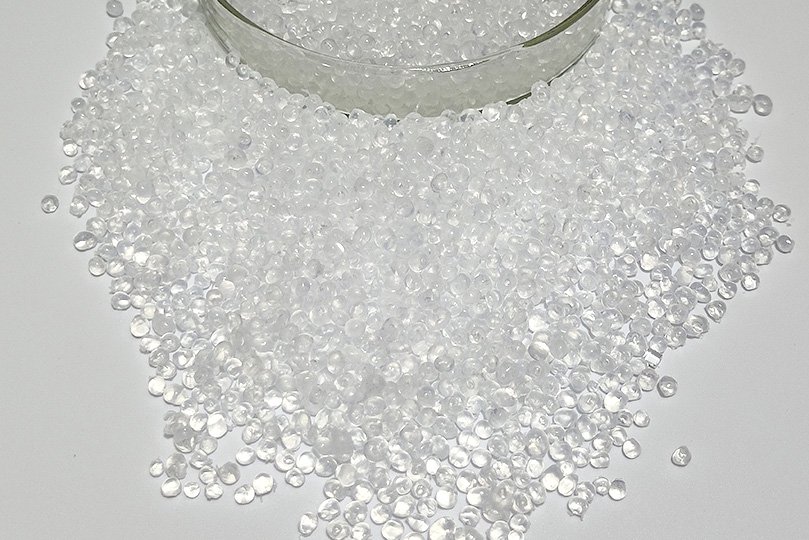In the ever-evolving landscape of materials for various industries, the selection of the right Polyether Block Amide (PEBA) grade stands as a pivotal decision that significantly impacts project success. Acknowledged for its remarkable flexibility, impact resistance, and chemical stability, PEBA offers a diverse spectrum of options, making it essential to navigate this terrain with careful consideration. This comprehensive guide is designed to empower you with the knowledge needed to make an informed decision, custom-tailored to the unique requirements of your specific project.
Before embarking on the selection journey, a foundational understanding of PEBA is crucial. As a thermoplastic elastomer, PEBA boasts exceptional properties that render it suitable for a myriad of applications, spanning from automotive components to medical devices.
To commence the selection process, a meticulous examination of your project's requirements is imperative. Key considerations include:
Application Diversity: PEBA grades are optimized for specific applications. Determine whether your project involves automotive components, consumer goods, sports equipment, or medical devices.
Mechanical Proficiency: Assess the mechanical attributes essential to your project, such as tensile strength, flexibility, and impact resistance.
Chemical Guardianship: If your project involves exposure to chemicals or harsh environments, prioritize PEBA grades renowned for their chemical resistance.
Temperature Dynamics: Account for the temperature range your project will encounter. Certain PEBA grades demonstrate superior performance in extreme temperatures. Our PEBA can resistant the low temperature at -40℃ to high 130 ℃ temperature.

With a keen understanding of your project's requisites, it's time to delve into the diverse universe of PEBA grades. Each grade possesses unique properties catering to specific needs. Here's a brief exploration of common PEBA grades and their primary characteristics:
PEBA 4011: Renowned for high flexibility and low-temperature resistance, making it ideal for applications demanding these attributes.
PEBA 7233: Exhibits excellent chemical resistance, positioning it as an optimal choice for projects operating in harsh environments.
PEBA 2084: Strikes a balance between flexibility and toughness, rendering it versatile for an array of applications.
We have the alternatives for your typical choices.
Navigating the intricate nuances of PEBA grades might seem formidable. In such instances, seeking guidance from industry experts or your material supplier proves invaluable. Their wealth of experience can offer insights, aiding in a decision aligned with your project goals.
In conclusion, the meticulous selection of the appropriate PEBA grade hinges on a comprehensive evaluation of application specifics, mechanical requirements, chemical resilience, and temperature considerations. At Tuntun Plastic, we comprehend the critical nature of this decision. Our commitment to delivering quality PEBA solutions, aligned precisely with your project's demands, ensures a solid foundation for success. Trust in Tuntun Plastic for expert guidance and optimal PEBA solutions tailored to elevate your project to new heights.
By continuing to use the site you agree to our privacy policy Terms and Conditions.